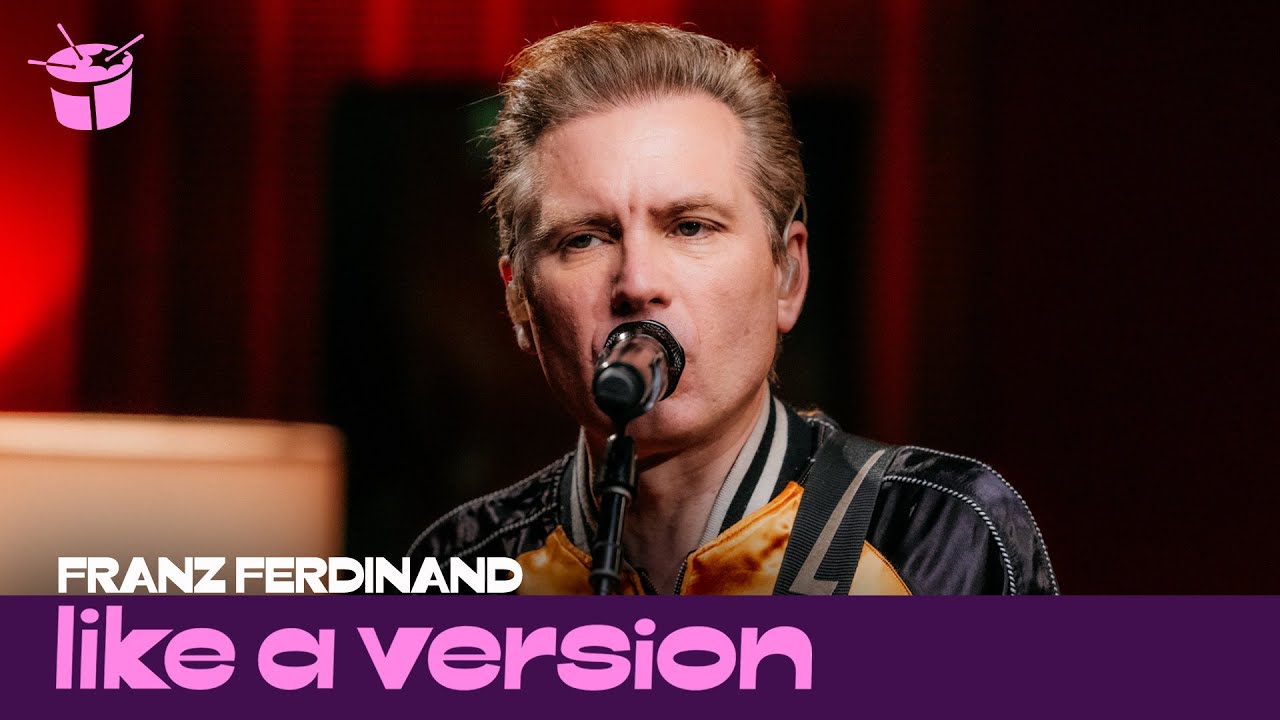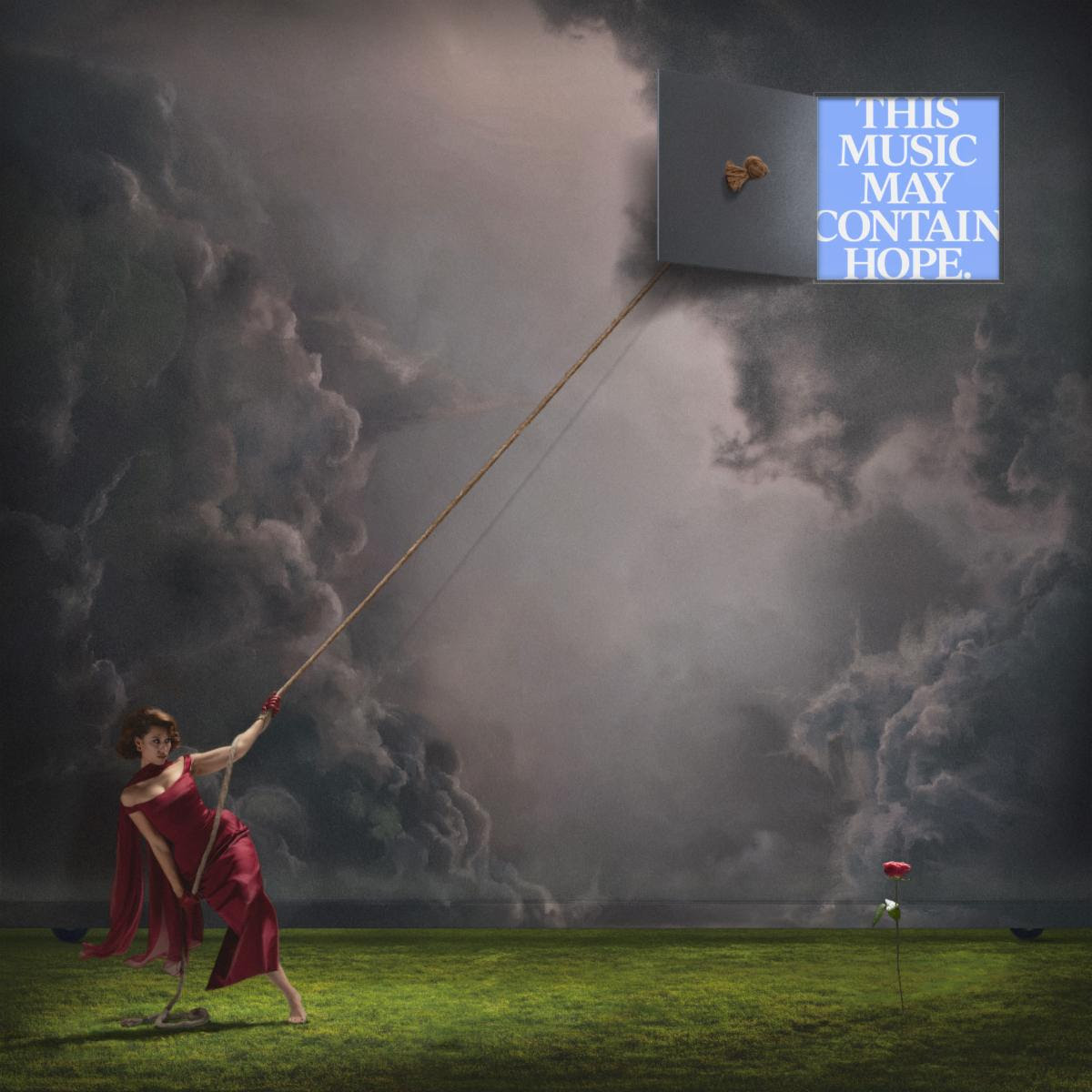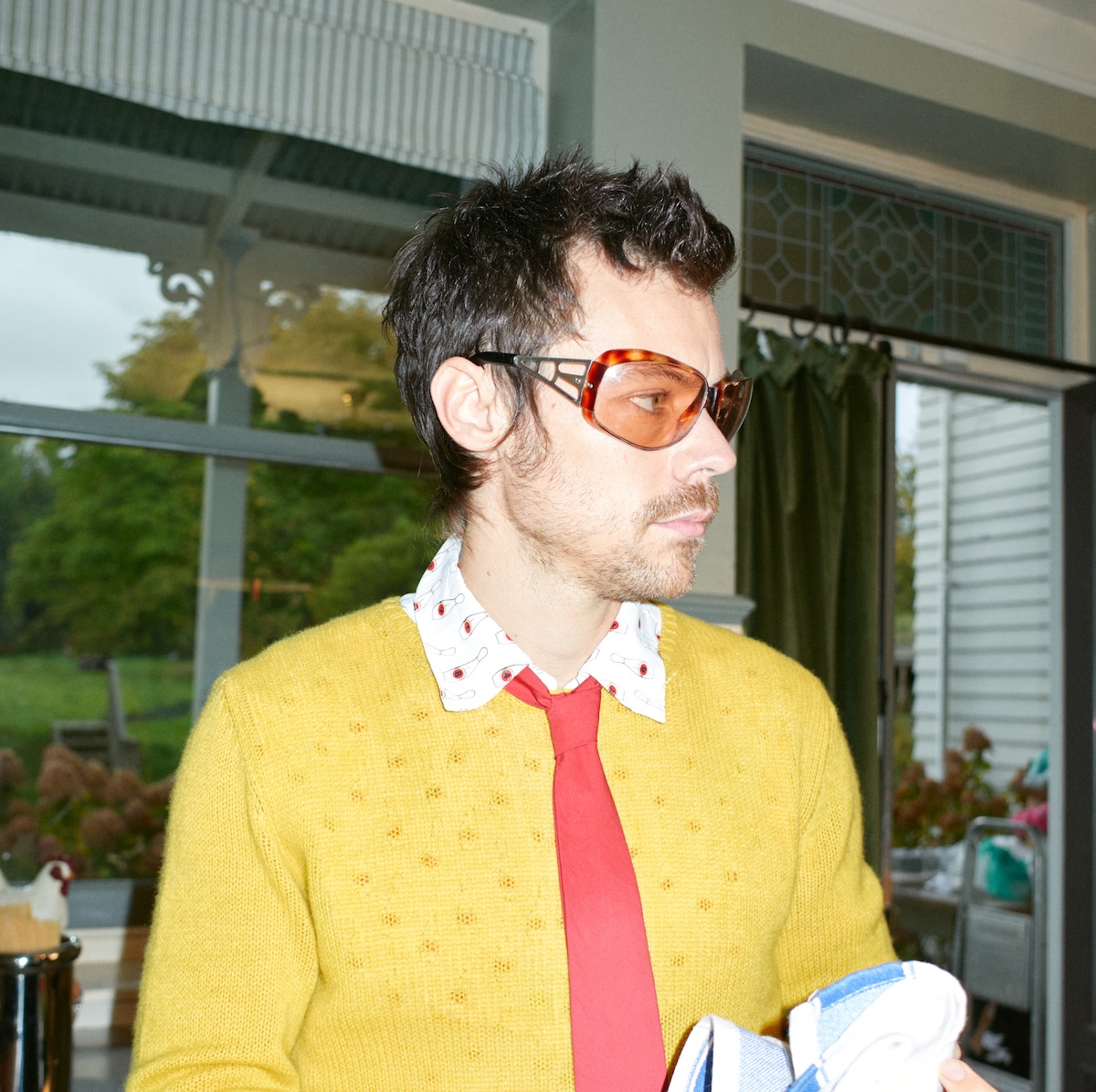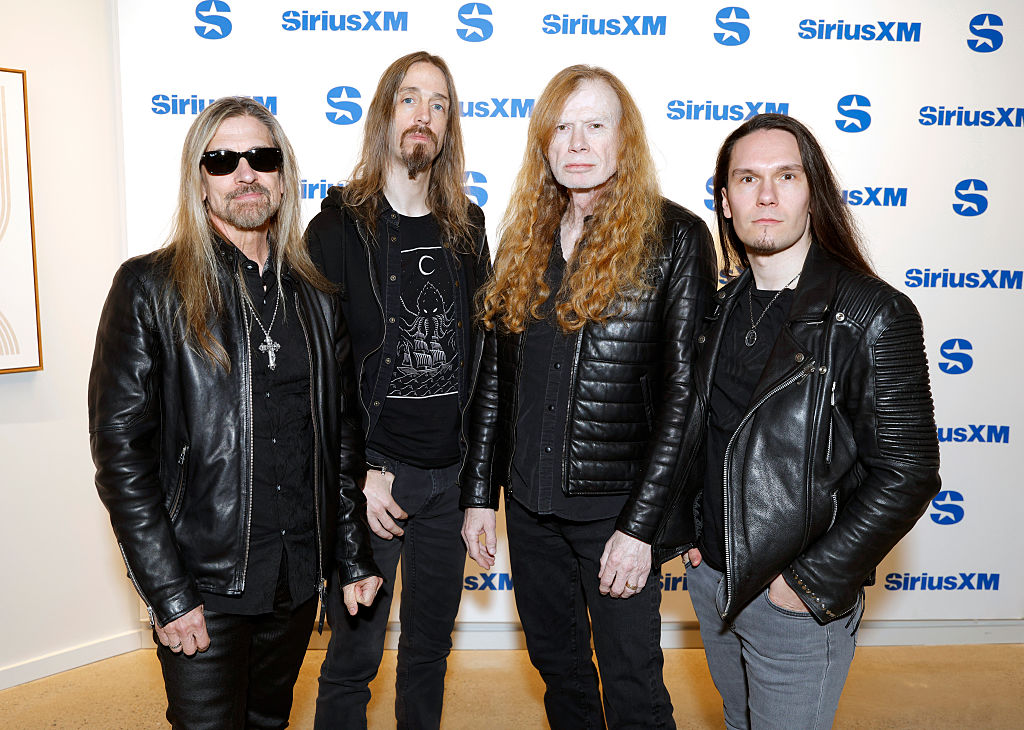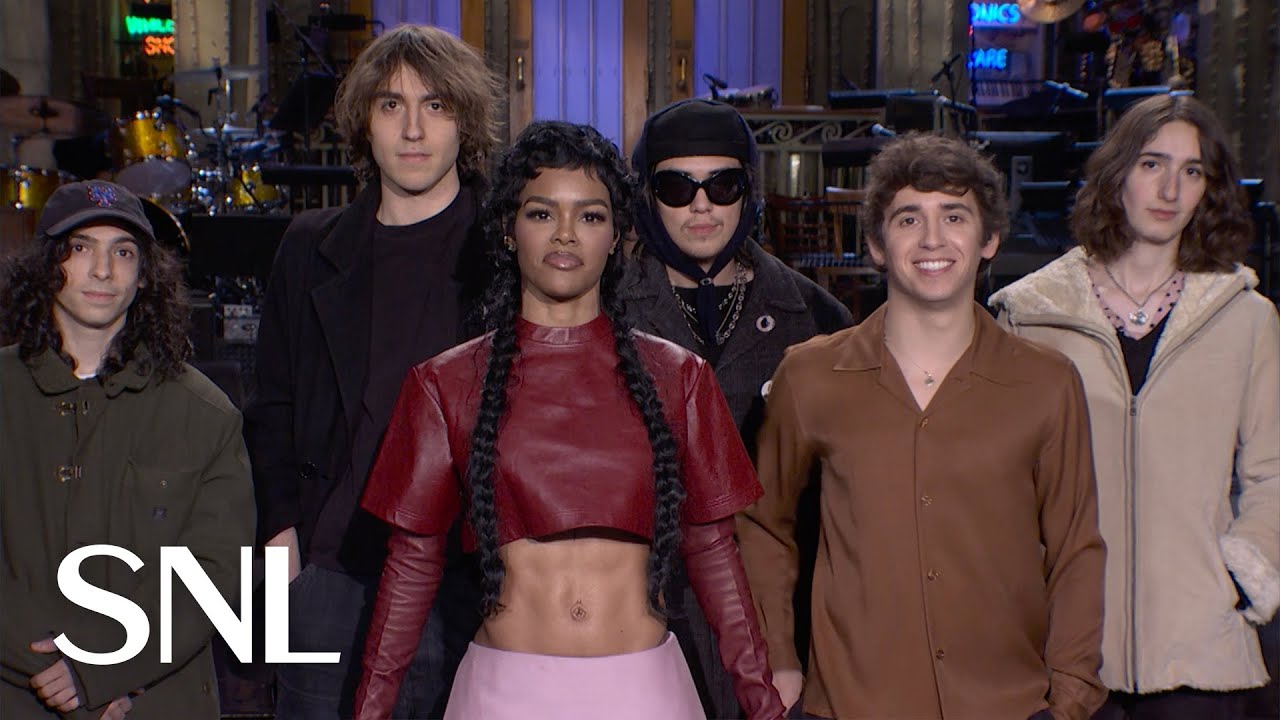In his first interview since the release of last year's surprise album Black Messiah, D'Angelo told Rolling Stone that his new album is only the beginning of his new music. The long-dormant R&B legend followed up his first two albums, 1995's Brown Sugar and 2000's Voodoo, with a 14-year-silence. Last year, the widely-lauded Black Messiah finally broke that silence, in part, he says, because he wanted to be a part of the nation's conversation surrounding Ferguson and confronting police racial discrimination:
I was like, "Man, I gotta fucking contribute. I gotta participate. And I'm done trying to be a perfectionist about it."
If it was solely up to D'Angelo, though, the album still wouldn't be out:
It was time. Everyone was in the streets, so we sat down with the team and did some soul-searching and decided to put it out. But if it were left entirely up to me, it wouldn't have come out. I had to get out of my head. Because there were so many songs that I wanted people to hear.
And that's the perfectionist side of him that's currently in the studio working on new music despite a looming summer tour:
But [what I had in mind] was longer than what Black Messiah ended up being. What I'm working on now is like a companion piece. I hope people receive it that way. It's part of the same vision.
As far as racial discrimination in America, D'Angelo believes that music is just as influential for the civil rights movement as political action:
The first and best thing is to speak about it and sing about it. Aretha Franklin was as important to the civil-rights movement as Malcolm X and Medgar Evers. Artists can choose to take on the tremendous amount of responsibility we have, or choose to ignore it. I can't knock a motherfucker for not singing what I feel like I should sing. But I know it's time for me to say it. I never want to feel like I'm preaching. I do feel music is a ministry, but I'm not trying to make myself Bob Marley or nothing like that [laughs]. Motherfuckers get themselves in trouble that way—when you put yourself on that pedestal, people don't expect you to be human.
He's also thrilled with comparisons to Kendrick Lamar's To Pimp A Butterfly, though seems to express some reservation about the rest of modern hip-hop:
No comment [on modern hip-hop] [laughs]. I like Kendrick Lamar. I like that album. He's jacked into the roots, he respects the lineage. The timing of both [TPAB and Black Messiah] was kind of uncanny -- it was almost a sign: Motherfuckers are making some shit that's relevant to the times.
Finally, he said his future is uncertain, but his heart is open and he wants to put more new music out:
I want to do what Yahweh is leading me to do. Do I know fully what that is? No, I don't. I'm trying to keep myself open, my heart open, to receive and to know what that is. But I do want to put a lot of music out there. I feel like, in a lot of respects, that I'm just getting started.
Read the entire interview here.

